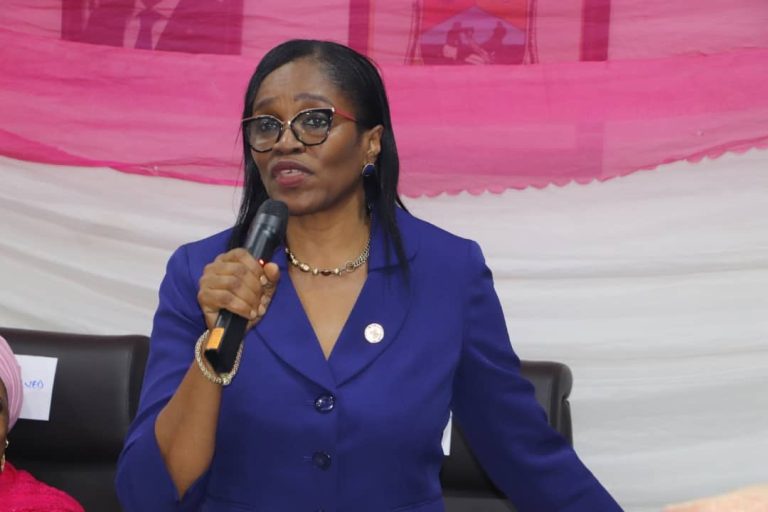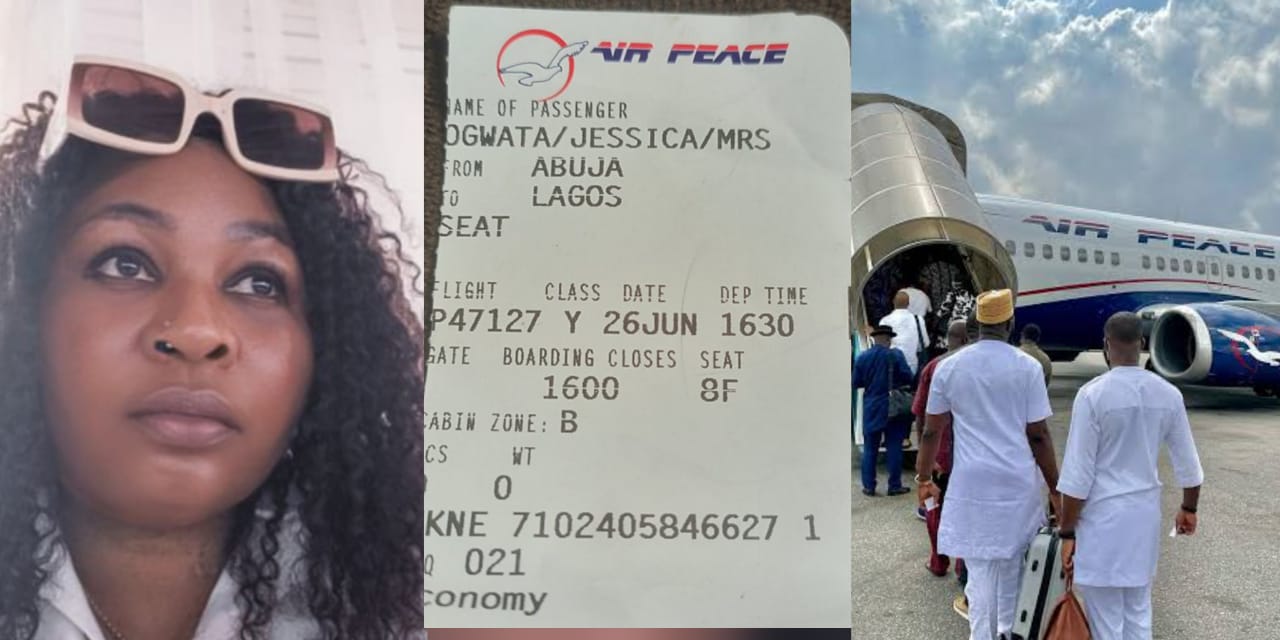
On Thursday, the cholera outbreak in Lagos claimed 21 lives, and 401 suspected cases were reported throughout the state.
The Special Advisor to the Lagos State Governor on Health, Dr. Kemi Ogunyemi, announced the development in an update on the disease in Lagos. She revealed that there are now 401 cases of cholera reported throughout Lagos, with the highest numbers occurring in Lagos Island, Kosofe, and Eti Osa.
Ogunyemi, while providing an update on the outbreak after meeting with members of the Lagos State Public Health Emergency Operations Centre (PHEOC), added that the death toll has also risen to 21, an increase of six from the previously reported 15 fatalities.
She said: “The rise in cases was anticipated following the Ileya festivities, during which large gatherings occurred. Still, she pointed out that because of state government interventions and surveillance efforts, suspected cases are declining throughout LGAs, especially in previously affected LGAs.
She said that the Lagos State Government is carrying out organized programs and activities to stop the spread as well as strict surveillance and monitoring of the situation through the Ministry of Health and other sister agencies.
“The Ministry of Health, in collaboration with the State Ministry of Environment and its agency, the Lagos State Environmental Protection Agency (LASEPA), continues to collect samples of water sources, food, and beverages to identify the source of contamination. We have also stepped up our community surveillance efforts, especially in the impacted local government districts, in an effort to confront the issue head-on.
“We are also working with the Ministry of Basic and Secondary Education as well as the Ministry of Tertiary Education to ensure all precautions are taken in our schools to protect children and scholars as they return. To stop the spread of cholera, residents must, however, exercise caution, wash their hands frequently, and take part in community sanitation projects, according to the Special Advisor.
The Special Advisor emphasized that all public health facilities offer free cholera treatment and asked the public to seek medical attention right away if they experience symptoms like watery diarrhea, vomiting, abdominal pain, general malaise, or fever.
The Special Advisor expressed the State Government’s gratitude to local, national, and international partners—including UNICEF, WHO, NCDC, NIMR, Red Cross, and others—for their assistance in containing the outbreak, while also noting that Governor Babajide Sanwo-Olu is still dedicated to making sure that Lagos residents receive high-quality and reasonably priced health care.
She continued, “We also want to express our gratitude to the hardworking group of physicians, nurses, pharmacists, lab scientists, environmental health officers, Water Corporation officers, surveillance officers, heads of agencies, PHEOC members, and volunteers who are battling this disease and keeping Lagos safe around-the-clock.”
Published by Ejoh Caleb






